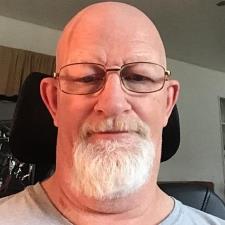
Justice R. answered • 08/10/20
Child Development Student & Writer Teaching to Multiple Intelligences
Hello! I'm autistic myself, and don't have the full answer, but want to lend some perspective.
For clarity, I've used novel speech my whole life, though after a recent period of autistic burnout I've been more likely to latch onto and overuse specific words. I also use echolalia as a stim, in a way that isn't communicative (sometimes stims are, for other people). I've just recently attended a summer leadership program with autistic people from all places across the spectrum, which allows me to pass forward a more balanced perspective based on experiences closer to this child's.
I just wanted to pop in with my support and contribute this: Often, echolalia, non-verbal communication, and other things are used, successfully, as communication—whether in combination with novel speech or otherwise. What matters is that they're able to express and receive needs, express and receive love, and be well! Autistic people do sometimes need to learn some level of allistic (non-autistic) communication methods- but keep the goal holistic.
At least 50% of the load should be borne not just by them learning to use the language of the people around them, but by the people around them learning to receive their, natural communication. Autistic people struggle to understand allistic communication, but allistic people struggle to understand our communication too. Both of these factors should be treated as equally disabling.
I have yet to take my special education credits, so that anecdotal note is all I can offer, but I wish you the best of luck.
To check recommendations for strategies against the word of autistic adults who've undergone them on whether they're supportive or traumatic, I recommend searching groups like ASAN (Autistic Self Advocacy Network) and the AWN Network (Autistic Women & Nonbinary Network) for relevant articles.




